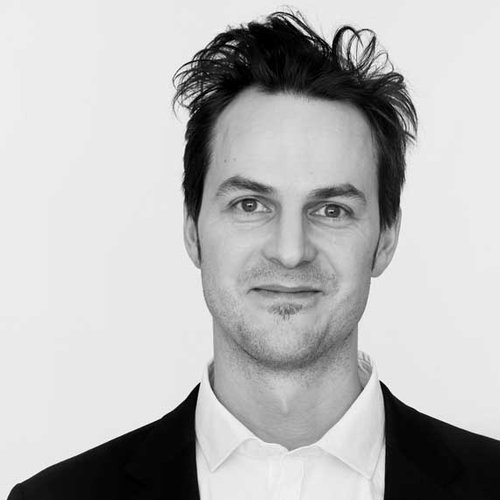10th anniversary of the Science Barometer: Factors for trust in science

As a member of the advisory board Gustav Bohlin brings his expertise in science communication to the Science Barometer, which he has also deepened through his work in the Swedish Science Barometer. With his research on public trust in scientists, especially during crisis situations such as the corona pandemic, he makes a valuable contribution to the formulation of questions on socially relevant topics and the evaluation of the results with regard to public perception of science communication.
Every autumn since 2002, VA has been measuring the Swedish public’s attitudes to research and science in the VA Barometer. What differences between the surveys in Germany and the surveys in Sweden do you find striking?
I would actually say that the similarities are much more striking than the differences between Sweden and Germany. It is always hard to make strict comparisons across national contexts with slightly varying methodology in terms of e.g. sampling procedure and phrasing of questions. But I am often surprised how similar the overall pictures of our results turn out, whether they concern trust issues, opinions on the relative influence on science and politics or news consumption habits.
In terms of trust, the level of formal education seems to play an important role when it comes to trust in science and research: Last year, 79 percent of Germans with a high level of formal education said they trusted science compared to 31 percent of respondents with a low level of formal education. What were your observations among the Swedes and what would you say, are possible explanations for this?
We definitely see the same pattern in Sweden, although the differences seem to be smaller compared to German citizens. There are likely many possible explanations behind this, but I would emphasise the “proximity-factor”, that we tend to put more trust in things that we perceive being closer to us. And people with higher education level tend to have come into contact with research and researchers personally more, compared to persons with less education. We actually see that respondents with lower education who have a researcher in their social proximity (such as a friend or family member) trust research more than higher educated persons who lack such personal connections.
The importance of formal education is also reflected in interest in science and research and related news consumption, with people with a higher level of formal education reporting being more interested and informed. Do you see similar connections in the Swedish Barometer? And if so, what would you say is the implication?
In general, yes we see similar patterns. But there is room for nuance. When it comes to interest, Swedes with higher education claim to be more interested in research in e.g. research within social sciences or the humanities compared to persons that lack higher education. But we don’t see the same difference when it comes to research in medical sciences or technology. When it comes to news consumption on research topics, people with higher education claim to access such news more often than people without higher education. This specifically concerns media such as newspapers, magazines or podcasts. But we don’t see any difference for consumption of science news through, for example, television or social media. Does this make higher educated people more informed about science as a consequence? Possibly, but I would hesitate to make firm claims. However, the increasing diversity of media and information channels being used by different segments of the population and the possible implications for perceptions of science is definitely a topic that should be (and is) given attention. The national science barometers provide a valuable data source on this topic, that of course also need to be supplemented with other types of studies.
Gustav Bohlin has been a researcher and assistant Secretary-General at Public & Science Sweden, VA until September 2024. He has a long experience working with studies related to science communication, public engagement and open science. He holds a PhD in Science Education from Linköping University and an MSc in Biomedicine from Karolinska Institutet. Since October 2024, Gustav is working with science-policy relations at the National Parliament of Sweden.
On 6 November 2024, we will be celebrating the 10th anniversary of the Science Barometer. Interested parties can take part and find out how Germans' attitudes towards science have changed over the last ten years. We will present the current results of the Science Barometer 2024 and discuss key trends in the perception of science and research. The presentation will take place as part of Berlin Science Week. Participation is possible on site at the Fraunhofer-Forum Berlin or digitally via livestream. The event will be held in the German language. We kindly ask you to register.